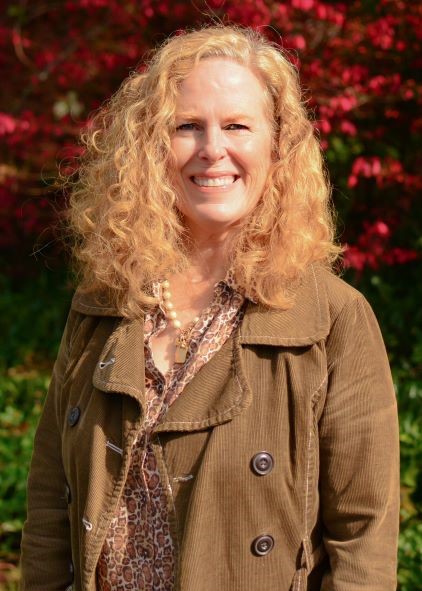I was recently driving southbound to Oregon during a Pacific Northwest heat spike. I was heading to an annual retreat at the Mt. Angel Abbey Bach Festival. I use this as a personal retreat mixed with amazing live music and excellent beer from the Monk’s brewery.
After driving three hours in 100 degree heat my car decided to cease moving on the freeway in Portland. It went on its own retreat. Early. My only good fortune in the moment was coasting into the shade of an overpass.
I looked into the rear-view mirror and watched all the vehicles swerve to avoid hitting my car that was half in the lane on the narrow inside shoulder. Pro Tip: don’t look in the rearview mirror.
This all got me thinking.
When a vehicle finds itself in the exact conditions of high heat in the fuel lines and high environmental heat, the fuel will boil, creating a vapor. Engines don’t run on vapor they run on liquid fuel. Vapor can lock up the engine. It stops. To get going again systems needs to cool down internally and externally.
It was the perfect message for my retreat waiting for me just 40 miles away, and an important reminder to keep cool internally and find shade.
If we have a mental, spiritual, or emotional inflammation or injury, or if the environment we’re in is running hot, a cooling treatment allows the restoration of systems so things can run optimally.
So, how can we do that?
When you’re feeling ‘hot around the collar’, upset, unnerved, or irritated and angry, try any of these mindfulness practices:
FIRST: Take a moment to acknowledge what you’re observing in the way of thoughts, feeling and sensations. Allow them to just BE so that you can address them intentionally and skillfully.
In the moment:
- Find shade: Call a friend. Even just leaving a message or text can help us know there is someone to connect to when in need. Wait. Breathe.
- Breath intentionally so the executive functioning part of your brain can work for you. This will keep you from freaking out into a flight/fight response. Counting as you breath helps keep your brain focused.
When you can:
- In the cooler morning or late evening air, stand outside and take 3 deep breathes. Fill your belly, cool your gut. Pay attention to the sensations. Repeat as needed.
- While outside, practice the 4×4 tactical breathing technique: counting to 4 on the breath in, hold for 4, breathe out for 4, hold there for 4. 2 cycles.
- Place a cool compress over your eyes, bend over and hold your breath for a few seconds, then gently sit up and take some easy relaxed breaths with the compress in place. A cold compress over the eyes, particularly around the nose will cool the trigeminal nerve that connects to your parasympathetic nervous system (part of your Vagus nerve and the Rest and Digest part of your nerve response). Relax.
- Pour yourself a cool beverage. Sip it slowly and mindfully. Notice how your mouth, throat and stomach cool down. Savor that.
- Take a walk in the woods. This is a great time of year because nature’s growth is very fragrant from the heat. Breath in deeply the nourishing air as you move your body forward. Notice the cool air on your skin.
____________________
After about 30 minutes, a visit from local law enforcement, and the Oregon Department of Transportation, I turned the key and my car simply started up again. The hot vapor had dissipated.
The ORDOT helped me get across the 3 lanes to a safer spot. I rested for a moment, called AAA to cancel the tow truck, allowed the traffic (I had caused) to abate, and then continued southbound without incident to the Abbey.
Brother Stephen greeted me, “We’ve reserved the coolest room in the retreat house for you.”

Lisa Wellington is a Certified Mindfulness Teacher who writes about integrative practices that downshift stress, increase insight, and jumpstart joy.
She is best known for her work with law enforcement professionals as well as those challenged by housing instability and addiction. Trained in the Fine Arts at Washington State University, she specializes in group training that engages participants’ inherent creativity.
If she is not under a stack of books about psychology and spirituality, she can be found at a Puget Sound beach or nearby trail, always searching for the absurd, which is her superpower.









